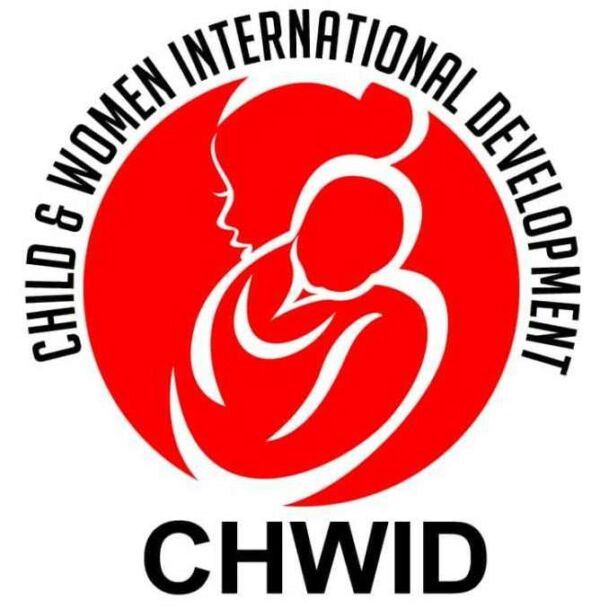The Community Approach to Nature Conservation: Viruga National Park in DR Congo
Child & Women International Development (CHWID) is an international humanitarian organisation dedicated to improving living conditions, alleviating the suffering of vulnerable people and promoting the development of the most disadvantaged environments in favor of women and children.

Overview of the project
It has now been established that the sustainable management of natural resources is inconceivable without the participation of local populations, given that the exclusive intervention strategies advocated since the creation of protected areas in Africa have not produced the expected effects. Since 1985, the Democratic Republic of Congo has initiated the participatory approach to natural resource management, but the major challenge remains the low level of applicability of this strategy.
The community conservation approach (CoCo) is one of the strategies developed by the Congolese Institute for Nature Conservation (ICCN) to achieve its global vision, which is in line with one of the Millennium Development Goals, and aims to reduce poverty among the population of the DRC by working with local populations to effectively combat the determinants of poverty around natural sites.
It’s a struggle that requires the involvement of all stakeholders to safeguard their common assets. That said, the CoCo approach alone is not enough to solve all the problems of protected area management; it must be followed by a global development policy that takes into account conservation priorities in general and CoCo’s in particular. With these aspects in mind, CHWID proposes to enable local populations to increase and expand their woodland areas in order to combat deforestation.
Contribute to improving the socio-economic, professional and environmental living conditions of ex-combatants, at-risk and vulnerable young people living near Virunga Park, with a view to combating the illegal exploitation of ecosystems (fauna and flora) in the territories of Nyiragongo, Rutshuru, Masisi, Lubero and Beni.
Ongoing research
01/05/2024 - 01/05/2026
300,000 trees or nursery seedlings will be distributed to families in villages bordering Virunga Park, to reduce the long-term destruction of the park and the illegal exploitation of its ecosystems. CHWID and ICCN will enter into a partnership to supply the seedlings. Young people will be appointed to monitor the development and management of these trees in the community.
Improving conditions for adapting to climate change in areas where deforestation is intensifying:
- Community conservation projects are implemented by local communities and stakeholders in target areas.
- Knowledge and practices on good natural resource management of targeted local communities and stakeholders are strengthened.
- Capacity-building for local authorities, community leaders, teachers, students, community-based organizations (CBOs), ex-combatants and at-risk youth on social cohesion, prevention and fight against sexual and gender-based violence, education and culture of peace, natural resource management,……
So far, the project is seeking financing.
organisation
Child & Women International Development (CHWID) is an international humanitarian and development organisation incorporated under Canadian law, with headquarters in Bourlamaque, Quebec, Canada and Saint Christophe, Clamart, France, which works to improve living conditions, alleviate the suffering of vulnerable people and promote the development of the most disadvantaged environments in favor of women and children.
CHWID focuses on the following areas and programs:
– Environment Renewable Energy
– Education
– Health, Prevention and Information
– Development, Entrepreneurship
– Training and New Information and Communication Technologies
– Child sponsorship


